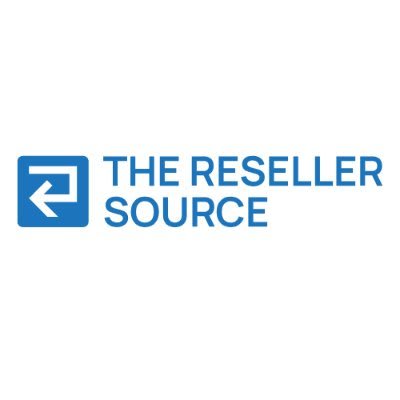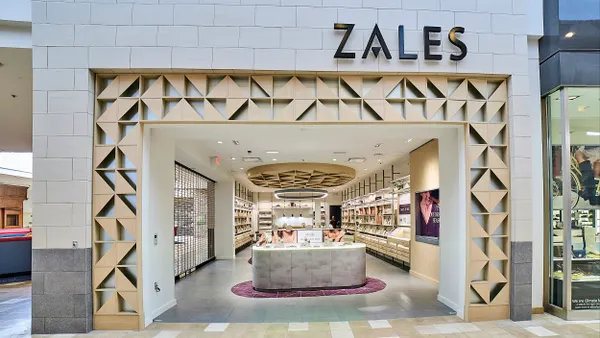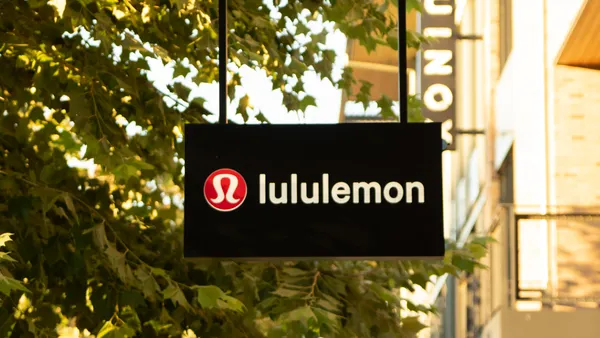Dive Brief:
-
Amazon is expanding its private-label goods to include perishable foods, detergent, and baby products, among other things, the Wall Street Journal reports.
-
The private-label goods would only be available to Amazon Prime members, according to the report, similar to Amazon's Elements private label, which has sold on the site since 2014.
-
The new brands will likely appear on Amazon’s site this month or early next, according to people familiar with the matter cited by the Journal. Amazon itself hasn’t commented on the report, the Journal said.
Dive Insight:
These days, retailers are more likely to give their store brands some worthy attention with better packaging and promotion, some with an added pride of ownership.
In a shift from the previous approach to store brands, the quality of the product itself is also often perceived—and shown in testing—to be equal to or even better than name brands. In some cases, store brands and name brands even share a manufacturer. In fact, many mainstream media stories tout store brands as a good alternative to more expensive counterparts, advising consumers to opt for the better value.
It all adds to the already diminishing sense of loyalty and increasing willingness to try new things—often a problem for retailers—that has been a boon to the success of store brands. Such “generic” brands saw sales of $118.4 billion in the U.S. last year, up about $2.2 billion from 2014, according to the Private Label Manufacturers Association, the Wall Street Journal notes. Those sales enjoy higher returns because they don’t carry the high level of marketing costs that name brands do.
As with any branding strategy or loyalty program, that means retailers must develop store brands with special attention to what their customers want. Amazon has a especially powerful tool in its algorithm-based assessments of what sells, and its Prime program is sticky for the retailer with many of its private label goods available only to its Prime members. Keeping its private labels a Prime-only option fuels a positive spiral, giving people another reason to join the lucrative program.
Amazon has long had private label goods, including Pinzon linens, Elements baby wipes, and its AmazonBasics line of tech accessories. It recently launched several private-label apparel and accessories brands as well. Amazon’s new in-house brands will include a line of food basics like “Happy Belly” nuts, trail mix, tea and cooking oil, and “Wickedly Prime” snack foods, according to reporting from the Wall Street Journal.
All these moves are major threats to traditional retailers, even those with strong store brands of their own. In some cases, Amazon moves to bring products remarkably similar to those on its marketplace, like a best-selling aluminum laptop stand that saw sales fall after AmazonBasics introduced its own version.
“Amazon is ‘carpet-bombing’ the market with new products,” Bill Bishop, chief architect of brand consultancy Brick Meets Click, told the Wall Street Journal. “Private label allows them to test out new prices and distinctive flavors with less risk.”












